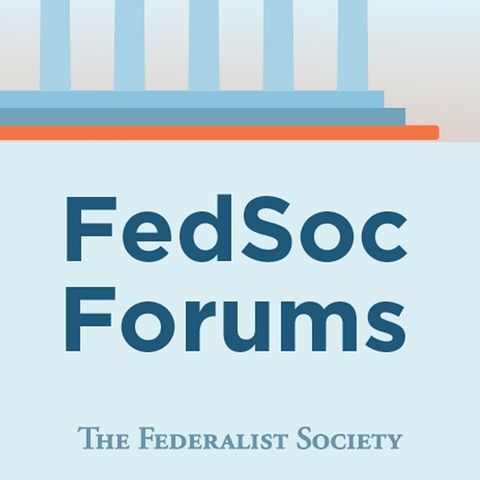Courthouse Steps: What Does the Supreme Court’s Decision in Apple v. Pepper Mean for Antitrust Law and the U.S. Economy?

Sign up for free
Listen to this episode and many more. Enjoy the best podcasts on Spreaker!
Download and listen anywhere
Download your favorite episodes and enjoy them, wherever you are! Sign up or log in now to access offline listening.
Description
On May 13, 2019, the U.S. Supreme Court ruled 5-4 that Apple may face antitrust liability in a consumer suit over purchases made from the Apple App Store. That may...
show moreCome hear immediate reactions to the Apple v. Pepper decision from two experienced antitrust practitioners who participated in the case – Andrew Finch, Principal Deputy Assistant Attorney General in the U.S. Department of Justice Antitrust Division, and Lauren Weinstein of MoloLamken’s Washington, DC, office, who represented a group of 18 antitrust professors that filed an amicus brief in the case. Adam Biegel of Alston & Bird’s Washington, DC, office and a member of the Executive Board of the Federalist Society’s Corporations, Securities, and Antitrust Practice Group, will moderate the teleconference.
Featuring:
Andrew Finch, Principal Deputy Attorney General, Antitrust Division, Department of Justice
Lauren M. Weinstein, Attorney, MoloLamken LLP
Moderator: Adam Biegel, Partner, Alston & Bird
Information
| Author | The Federalist Society |
| Organization | The Federalist Society |
| Website | - |
| Tags |
Copyright 2024 - Spreaker Inc. an iHeartMedia Company
